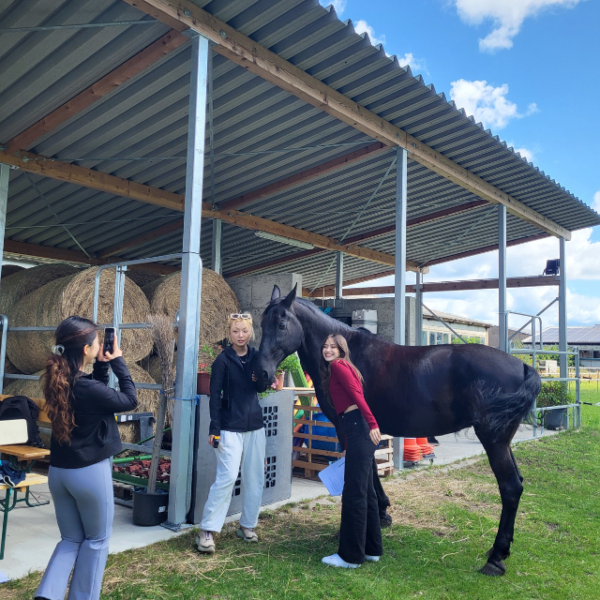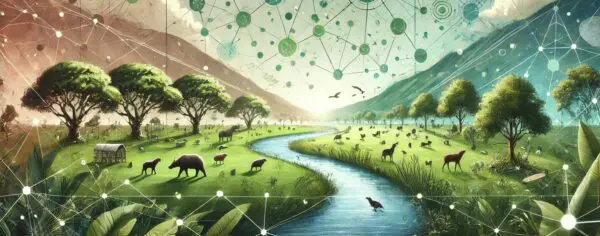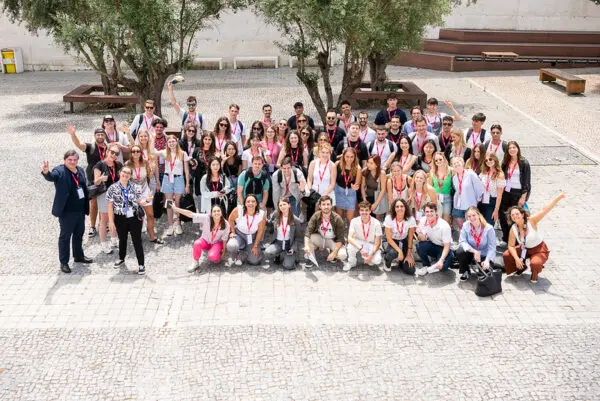
Berlin, Germany
Entrepreneurial Leadership in Berlin and Europe
When:
26 July - 23 August 2025
Credits:
6 EC
Read more
Business & Entrepreneurship & Environmental Studies
When:
02 July - 18 July 2025
School:
Institution:
Aarhus University
City:
Country:
Language:
English
Credits:
5 EC
Fee:
352 EUR

Societies are facing several challenges to deal with the negative effects of climate change. One of the main challenges is to identify tools that induce agents in the economy to reduce pollution and, thus, ameliorate the impact of climate change.
Game theory is a well-known tool that helps us rationalize the decision-making process of agents and anticipate the effects of different policies promoting green practices.
The European Union has implemented several policies, for instance, emission fees, subsidies of electric cars or subsidies of renewable energy, to promote a more sustainable economy and, ultimately, reduce emissions. The main question is: how do policies affect agents’ behavior in the economy? Will firms invest more in green technologies? Will individuals acquire more electric cars? Are these policies welfare-improving? Do firms have more incentives to greenwash?
The course examines these questions by, first, presenting the main concepts in game theory and, second, examining applications that describe the decision-making process of regulators, firms, and consumers when facing environmental problems.
Ana Espinola-Arredondo
To apply for the course, you must have passed a Bachelor's degree in Business Economics, Business Administration, or an equivalent degree.
Furthermore, intermediate microeconomics is highly recommended, as well as intermediate calculus and algebra.
Fee
352 EUR, EU/EEA citizens
Fee
875 EUR, NON EU/EEA citizens
When:
02 July - 18 July 2025
School:
Institution:
Aarhus University
Language:
English
Credits:
5 EC

Berlin, Germany
When:
26 July - 23 August 2025
Credits:
6 EC
Read more

Lisbon, Portugal
When:
14 July - 31 July 2025
Credits:
6 EC
Read more

Lisbon, Portugal
When:
14 July - 31 July 2025
Credits:
6 EC
Read more